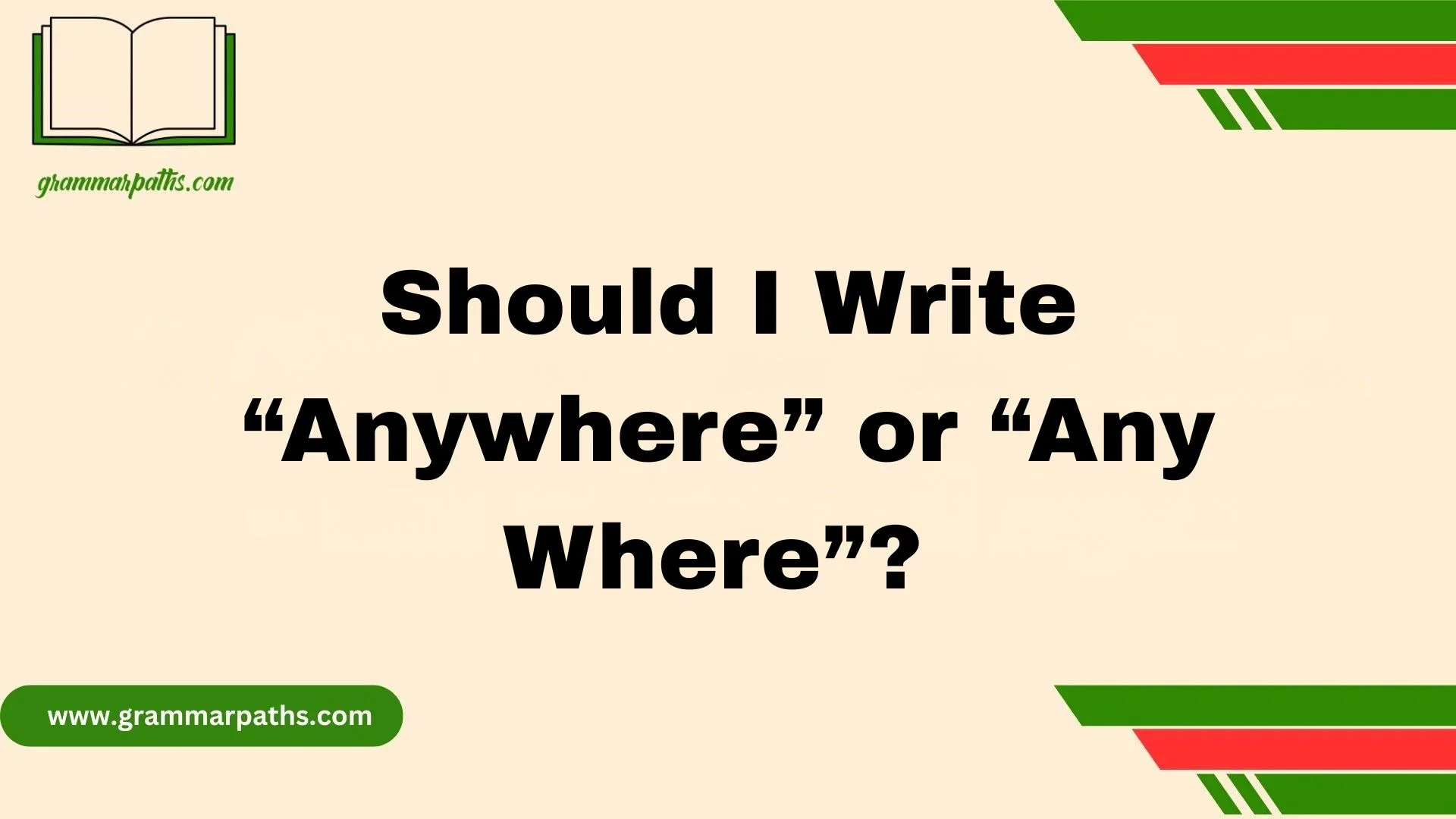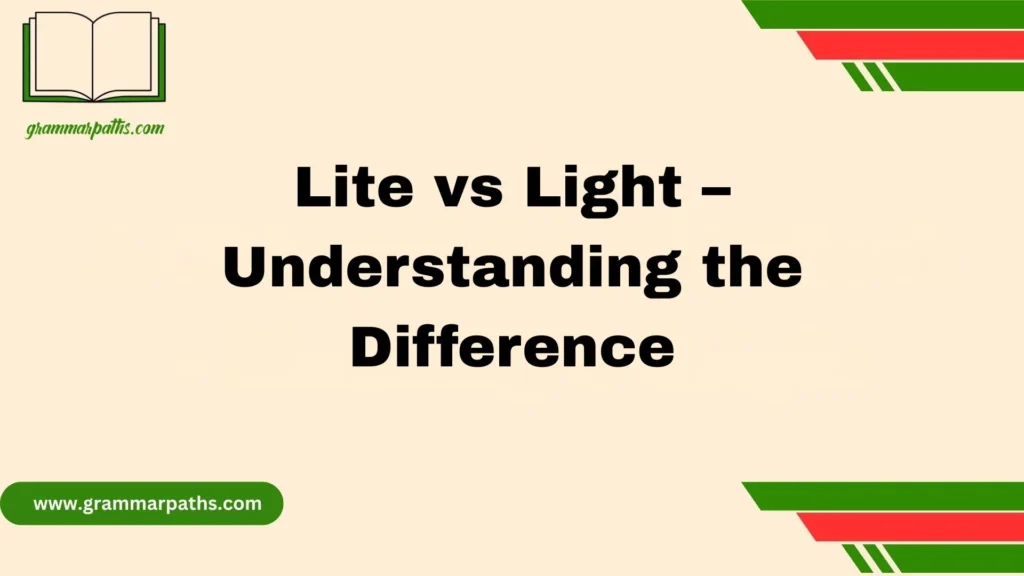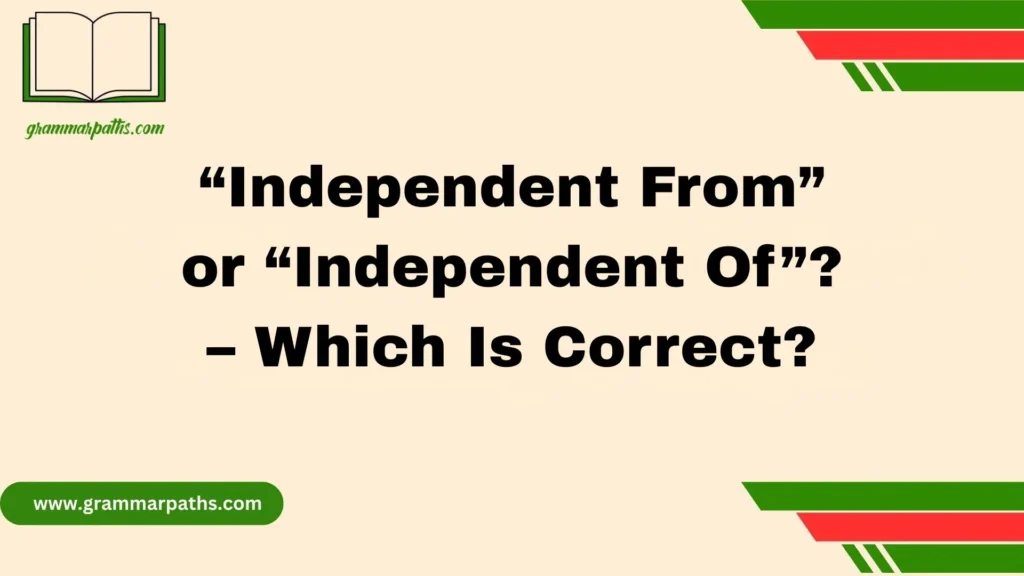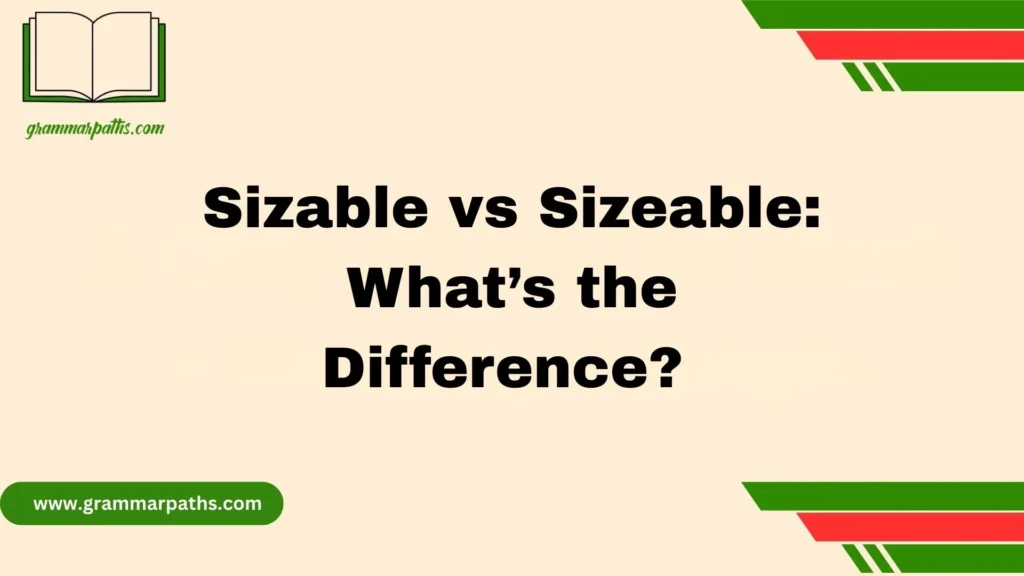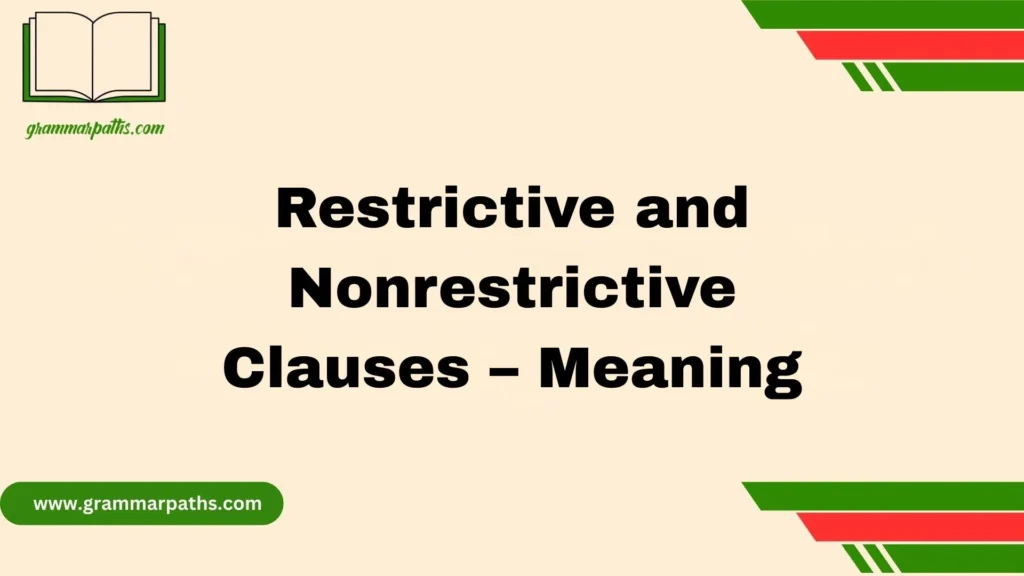When I first struggled with whether to use anywhere or any where, I realized the problem could be quickly solved by remembering to always write it as a one-word version. A good example is the famous line by Minister Martin Luther King: “Injustice anywhere is a threat to justice everywhere.” That sentence alone shows how natural the one-word form feels. I’ve also seen how a US politician, Frank A. Clark, once said, “If you find a path with no obstacles, it probably doesn’t lead anywhere.” From my own experience working near a fire hydrant factory, the idea that you couldn’t park anywhere close to the place makes perfect sense, and it reminds me of how the comedian Steven Wright turned this into humor. All of these show that using anywhere as one word keeps language smooth and avoids confusion.
The issue comes when someone tries the two-word spelling—that’s always a mistake. For instance, writing “I’m not going any where” is just wrong. A sentence like that feels off because the two words don’t work as an adverb of place. You might try to concoct a rare situation where “any” and “where” sit side by side, maybe in a dream about ambition, or even comparing a car without gas to a journey that goes nowhere, but it still won’t feel natural. That’s why sticking to the one-word version is always the safer choice.
Understanding the Basics: “Anywhere” vs. “Any Where”
The word “anywhere” is a single word functioning as an adverb of place. It means “in any place” or “no matter where.” For example:
- You can sit anywhere you like.
- I can’t find my keys anywhere.
Meanwhile, “any where” as two words looks odd to modern readers. Historically, English sometimes separated such compounds (like “every where”), but over time they merged. Today, “any where” is outdated and seen as an error in most contexts.
Key Difference:
- Anywhere → Accepted in dictionaries, grammar books, and formal writing.
- Any where → Rare, old-fashioned, or incorrect in contemporary English.
Why “Anywhere” Is the Correct Standard Form
Historical Development
In Middle English (12th–15th century), many adverbs of place were written as two words: “some where,” “every where,” “any where.” Over time, English simplified these into one-word forms: somewhere, everywhere, anywhere.
By the 18th century, “anywhere” had become the dominant spelling, and grammarians started marking “any where” as outdated.
Modern Grammar
“Anywhere” works as an adverb or pronoun:
- As an adverb: I can’t go anywhere tonight.
- As a pronoun (informal use): Anywhere is fine with me.
Dictionary Evidence
- Merriam-Webster: Defines “anywhere” as “in, at, or to any place.” No mention of “any where” as a valid alternative.
- Oxford English Dictionary: Lists “anywhere” as standard and “any where” as obsolete.
This shows that modern English fully accepts “anywhere” as the only correct form.
Common Misconceptions About “Any Where”
Despite clear rules, people still get confused. Here are some reasons why:
- Influence of similar word pairs
- Anytime vs. any time
- Everyday vs. every day
- Nowhere vs. no where
These pairs look similar, so learners assume “anywhere” might follow the same pattern.
- Overcorrection in writing
Some people think separating the words makes writing “more formal.” In reality, it creates an error. - Exposure to old texts
Writers reading older books may see “any where” and believe it’s still correct.
Case Study – Student Essay Example
A university student once wrote: “The policy applies in any where you work remotely.”
The professor marked it wrong, explaining: “Anywhere is always one word in modern usage. Separating it is a spelling mistake.”
The Role of Context in Spelling and Meaning
Context plays a huge role in word choice. Let’s look at how:
- Standard Writing: In essays, emails, and professional documents, anywhere is always correct.
- Creative Writing/Poetry: Rarely, an author may split any where for rhythm or emphasis. Example: “You may find hope in any where your heart wanders.” But this is artistic license, not grammar.
- Old Texts: Historical documents may use “any where,” but modern editors usually update it to “anywhere.”
Rule of Thumb: If you’re not writing poetry or quoting Shakespeare, always use anywhere.
Spelling Errors That Can Change the Meaning
Spacing errors often confuse readers. Here’s how “anywhere” vs. “any where” changes perception:
| Form | Sentence Example | Reader Reaction | Correct? |
| Anywhere | She couldn’t find her phone anywhere. | Clear and standard | ✅ Yes |
| Any where | She couldn’t find her phone any where. | Looks wrong, distracts the reader | ❌ No |
| Nowhere | We found the missing files nowhere. | Correct meaning | ✅ Yes |
| No where | We found the missing files no where. | Wrong spelling, unprofessional | ❌ No |
Even one space can ruin clarity, especially in academic or professional contexts.
Examples of “Anywhere” in Sentences
Let’s see how anywhere is used in daily writing:
- Casual English:
- You can find good coffee anywhere in this city.
- I’ll meet you anywhere that’s convenient.
- Professional Writing:
- This policy applies anywhere the company operates.
- Employees may work remotely from anywhere in the country.
- Creative Writing:
- Hope can bloom anywhere, even in the darkest places.
Quick Reference Table
| Sentence Type | Correct Example | Incorrect Example |
| Informal | I’ll go anywhere with you. | I’ll go any where with you. |
| Academic | The rules apply anywhere in the system. | The rules apply any where in the system. |
| Professional | Access is available anywhere online. | Access is available any where online. |
Clarifying Adverbs of Place in English
“Anywhere” belongs to a group called adverbs of place. These tell us where something happens.
Common Adverbs of Place
| Adverb | Meaning | Example Sentence |
| Here | In this place | Come here right now. |
| There | In that place | She’s over there. |
| Somewhere | In an unknown place | I’ve seen that guy somewhere. |
| Nowhere | In no place | There’s nowhere to hide. |
| Everywhere | In all places | Laughter spread everywhere. |
| Anywhere | In any place | You can find answers anywhere. |
Understanding this group helps you see why anywhere is always one word—it works just like nowhere and everywhere.
Other Confusing Adverbs and Phrases
English has several “tricky twins” where spacing changes meaning:
- Anytime vs. any time
- Anytime: Adverb meaning “whenever.”
- Any time: Noun phrase, used in “I don’t have any time.”
- Everyday vs. every day
- Everyday: Adjective meaning “ordinary.”
- Every day: Refers to each day.
- Nowhere vs. no where
- Nowhere: Correct form.
- No where: Incorrect spelling.
Tip: If other adverbs like everywhere and nowhere are one word, so is anywhere.
Practical Writing Tips: Avoiding Mistakes
Here are some strategies to make sure you never slip:
- Proofread backwards: Read sentences from end to start to catch odd spacing.
- Use grammar-check tools: Grammarly, ProWritingAid, or Word spellcheck flag “any where” as incorrect.
- Think family words: If “everywhere” is one word, “anywhere” must be too.
- Create a memory trick: Imagine “anywhere” as a suitcase—you pack everything in one place.
Quote from an Editor:
“Most mistakes I see are simple spacing errors. Writers break apart words that should stay together. Remember: anywhere always travels together, never apart.”
Practice and Self-Test
Try these sentences. Fill in with anywhere or any where:
- I can’t find my wallet ________.
- You can place the vase ________ on the shelf.
- She didn’t see him ________ at the party.
- The document is valid ________ in the country.
Answer Key:
- anywhere
- anywhere
- anywhere
- anywhere
Notice how “any where” never works in these examples.
Conclusion
Choosing between anywhere and any where is simpler than it seems. The one-word version is always correct, while the two-word version is considered a spelling mistake. Famous quotes by Minister Martin Luther King, US politician Frank A. Clark, and comedian Steven Wright prove how naturally anywhere fits in sentences. When you try to write “any where,” it feels wrong because the two words don’t work as an adverb of place. So, if you ever face this problem, remember—it’s already solved: stick with anywhere.
FAQs
Q1. Is “anywhere” one word or two?
Anywhere is always written as one word.
Q2. Can “any where” ever be correct?
Not in standard English. As an adverb of place, “any where” is always a mistake.
Q3. Why do people get confused?
Because similar pairs exist like nowhere/no where or somewhere/some where. But again, the one-word version is correct.
Q4. Can you give an example of correct usage?
Yes: “Injustice anywhere is a threat to justice everywhere.” – Martin Luther King.
Q5. Is this rule the same in US and UK English?
Yes. Whether in the US or UK, the rule doesn’t change.

Mia Rose is the passionate writer and founder of GrammarPaths.com, a resource dedicated to helping learners master English grammar, idioms, and writing skills with ease. With a deep love for language and years of experience in teaching and content creation, Mia simplifies complex grammar rules into clear, practical guides that readers can instantly apply.
